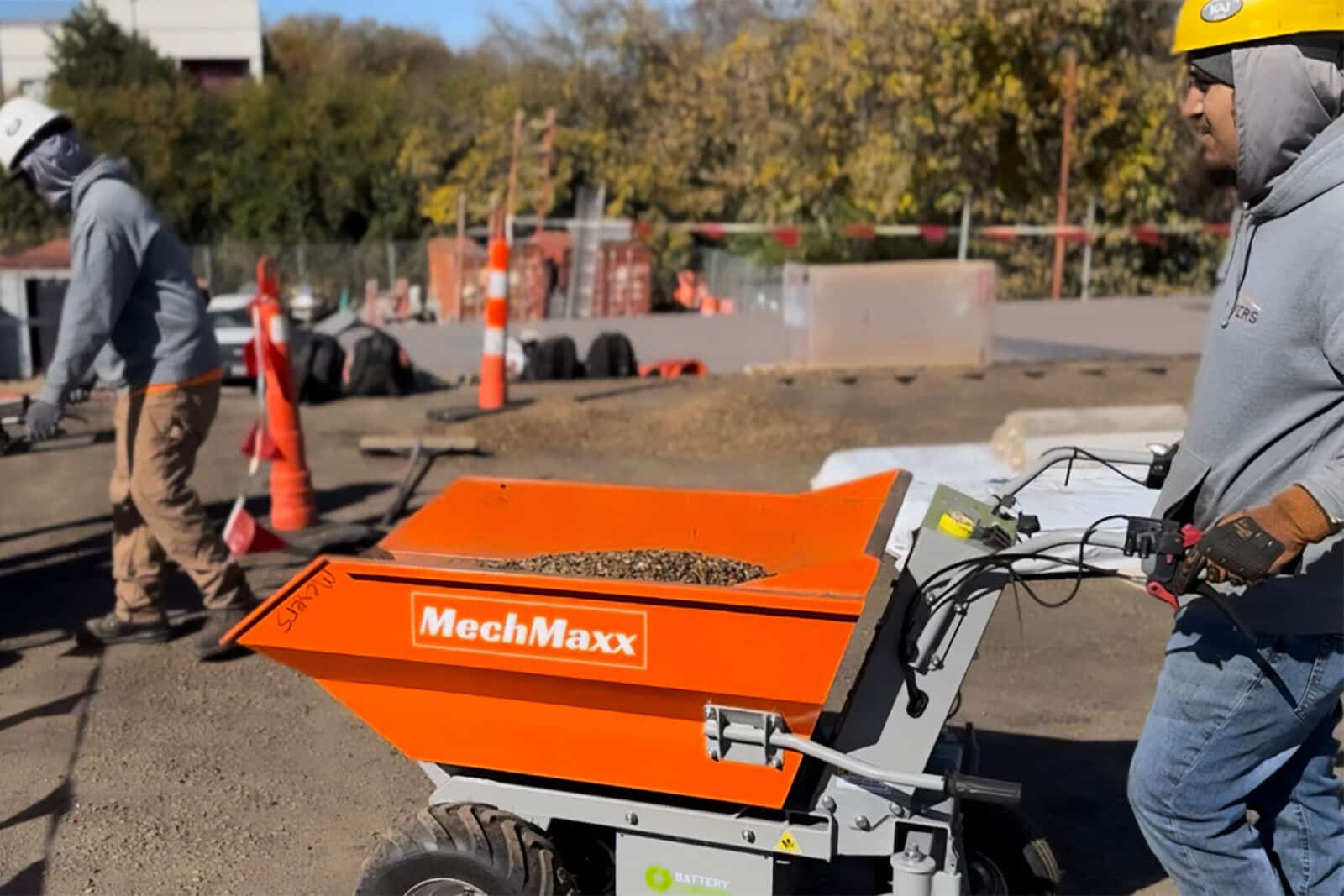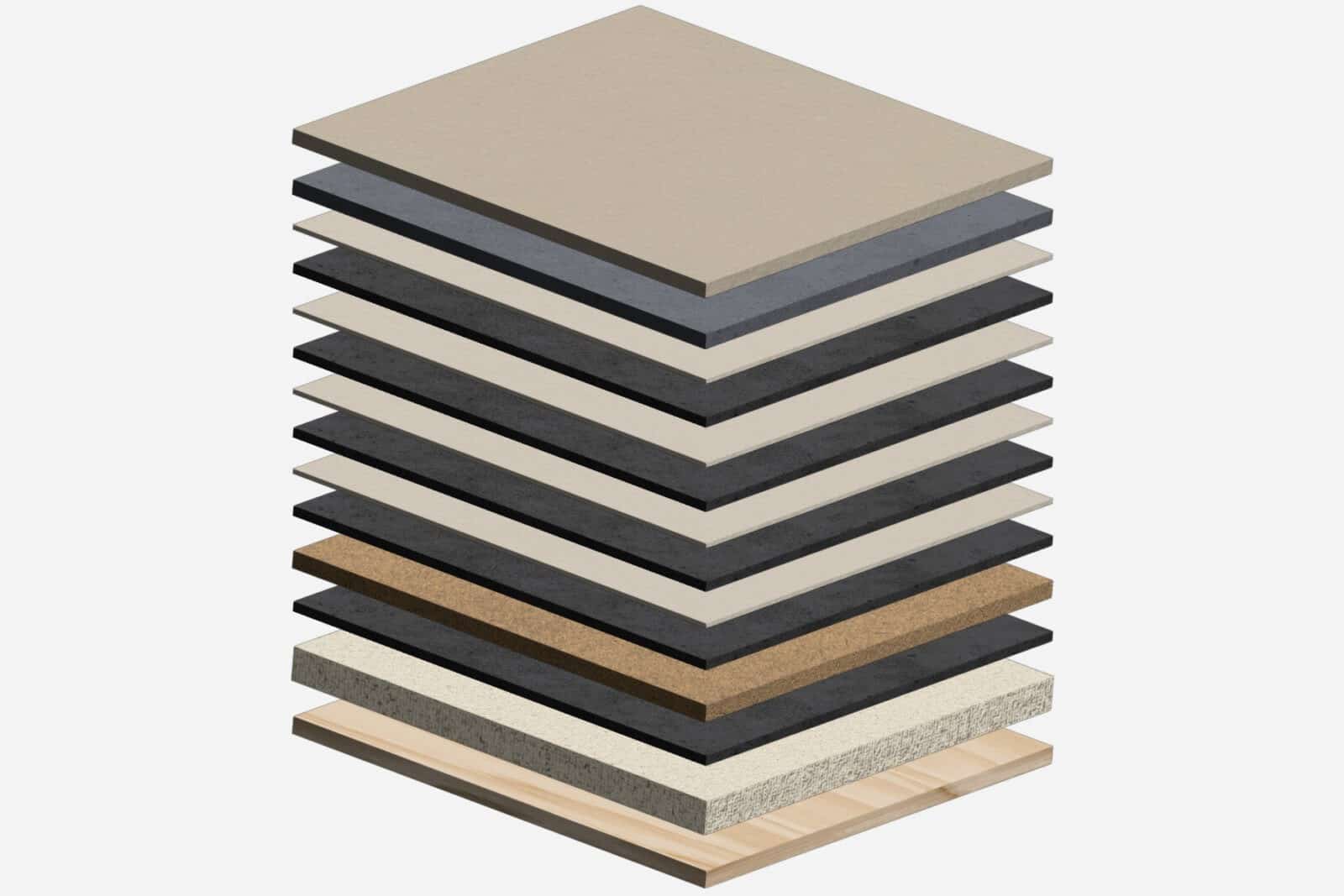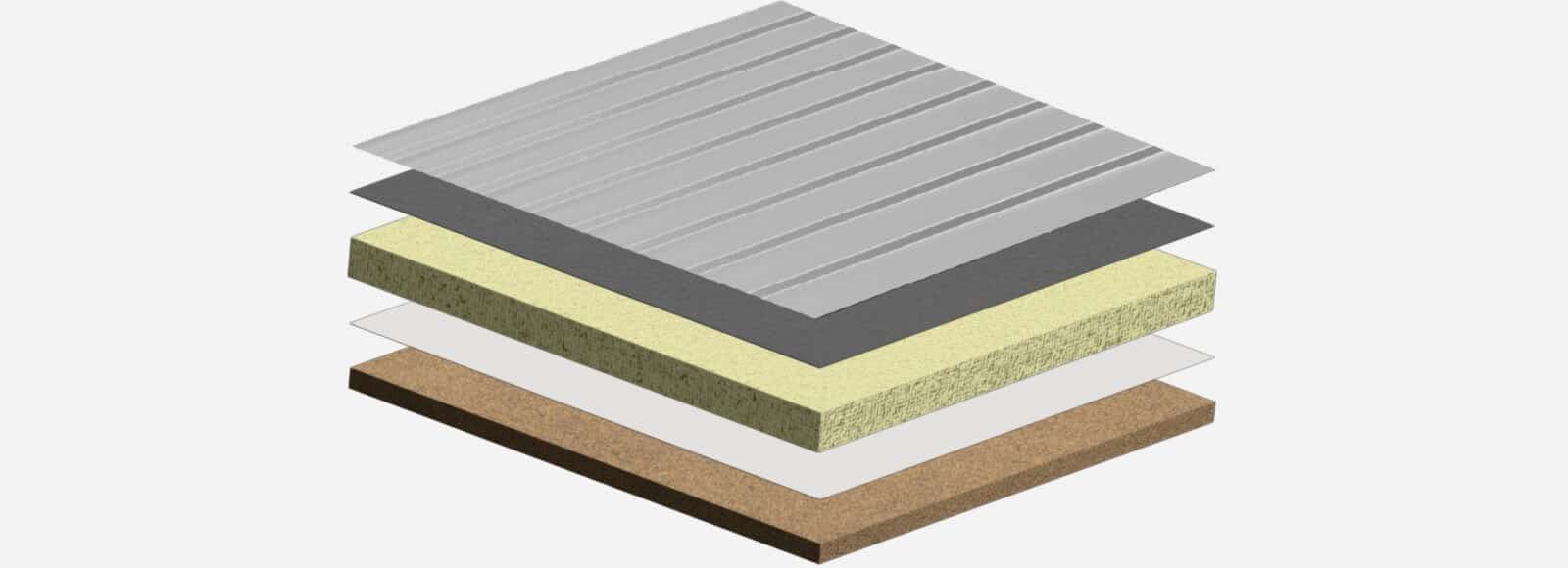
Maintaining your commercial property keeps customers and employees safe for business and building owners. Part of that maintenance involves choosing the right roofing system. Commercial flat roofing systems are popular because of their cost-effectiveness and durability. However, various systems are available, and selecting the best one for your building’s needs can be confusing. Understanding these types of commercial systems will help you decide which is best for your property.

One of the oldest and most reliable types of commercial roofing systems is the built-up roofing (BUR) system. A BUR roofing system is composed of multiple layers of bitumen and reinforced with fiberglass or felt. The layers are either hot-applied or cold-applied using a particular adhesive that helps them adhere and provides additional protection from water seepage. A BUR flat roof system is cost-effective and can be easily maintained but has a shorter life span than other roof types.

A single-ply system consists of an industrial-grade synthetic rubber or plastic material installed in a single layer, either thermoset or thermoplastic. The most common materials used in single-ply roofing systems include EPDM, PVC, and TPO. Single-ply roofs are more durable, versatile, and energy-efficient than BUR systems, offering substantial protection against UV rays and weather factors. They have longer life spans from 20-30 years and are easier to maintain, repair, and replace.

Modified Bitumen Roofing Systems offer a hybrid of the traditional BUR and modern single-ply roofing systems. Modified bitumen is an asphalt-based material reinforced with polyester or fiberglass to make it more durable and long-lasting. The modified bitumen roofing system is more flexible, easier to install, and inexpensive than a single-ply roofing system. It offers moderate energy efficiency and weather resistance with 20-30 years of life.

Spray Polyurethane Foam (SPF) roofing systems are built on-site, mainly using a mixture of catalyzed liquid chemicals and polyurethane foam. This roofing system is sprayed directly onto the roof, offering excellent insulation properties, sealing, and weather protection. SPF flat roof systems are also lightweight, seamless, and easy to install. They offer substantial energy efficiency savings, with a lifespan of up to 50 years.

Metal roofs have become popular for commercial buildings in recent years. Their durability, cost-effectiveness, and low maintenance make them ideal for buildings that require a longer-lasting solution but still look contemporary and stylish. A metal flat roof system can come in various materials, including steel, aluminum, copper, and zinc coated, providing excellent resistance to water, mold, mildew, and weather conditions. They have a lifespan of over 50 years and require minimal maintenance.
Understanding the types of commercial flat roofing systems for your building is crucial. The type of roofing system you choose highly depends on your budget, building design, and climate conditions. A durable, long-lasting flat roofing system will save you money, time, and hassle in the long run.
Consult a commercial flat roofing contractor before deciding on a roofing system for your property. Make sure to weigh all the advantages and disadvantages of each type to make an informed decision. Contact us for a free estimate and let a commercial flat roofing contractor help you determine the best system for your needs.

Meyers Construction and Consulting is a flat roofing contractor with over fifteen years of experience. We provide service throughout the St. Louis metropolitan area.
© 2024 Meyers Construction & Consulting
We use cookies to store and access device information. These allow us to process data such as browsing behavior and unique IDs. Withdrawing consent may adversely affect certain features and functions.